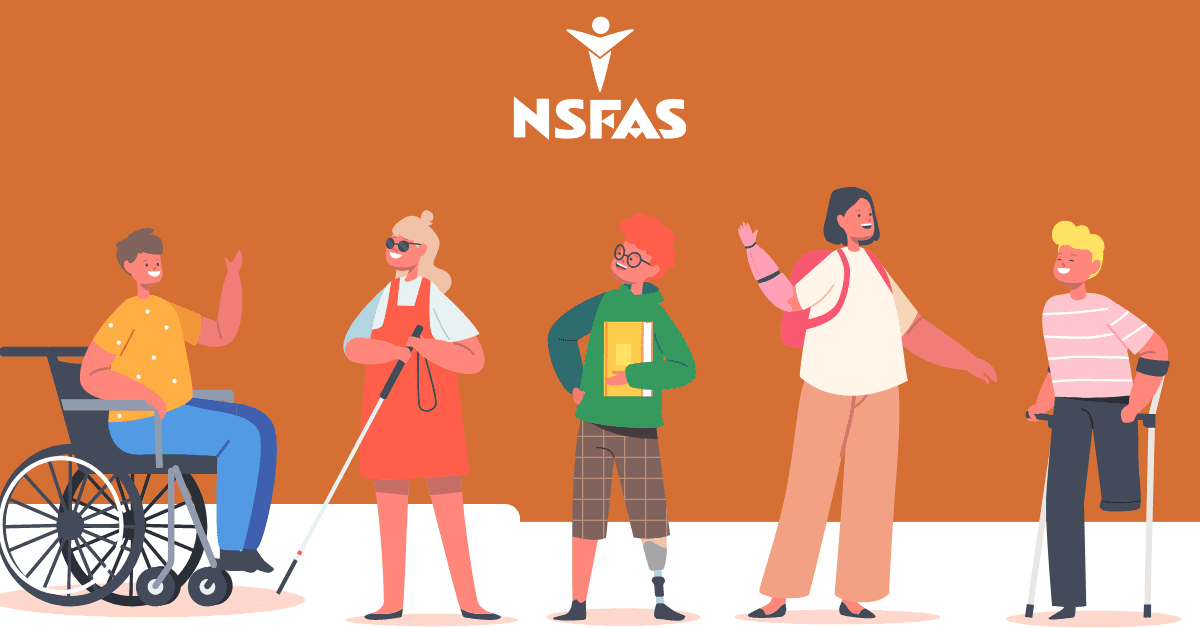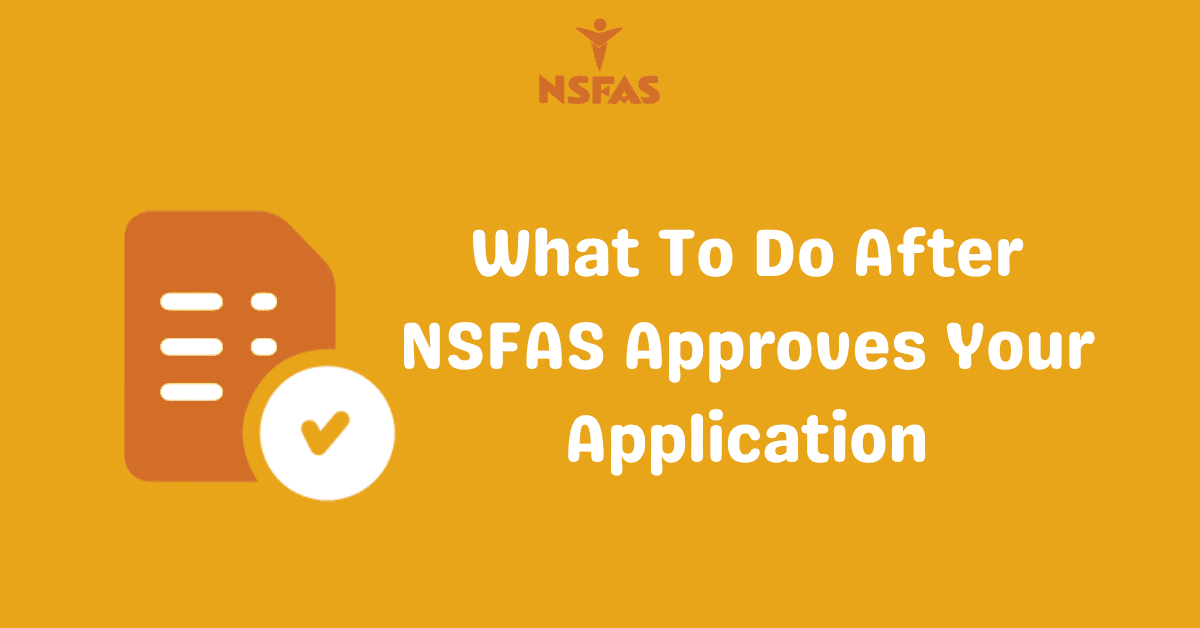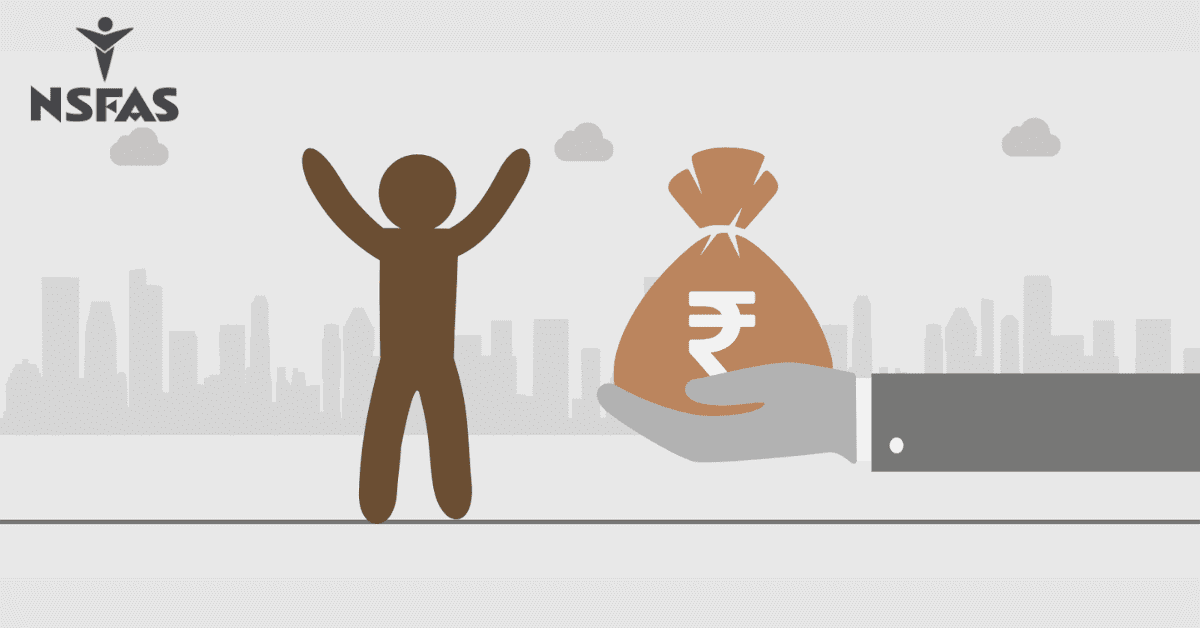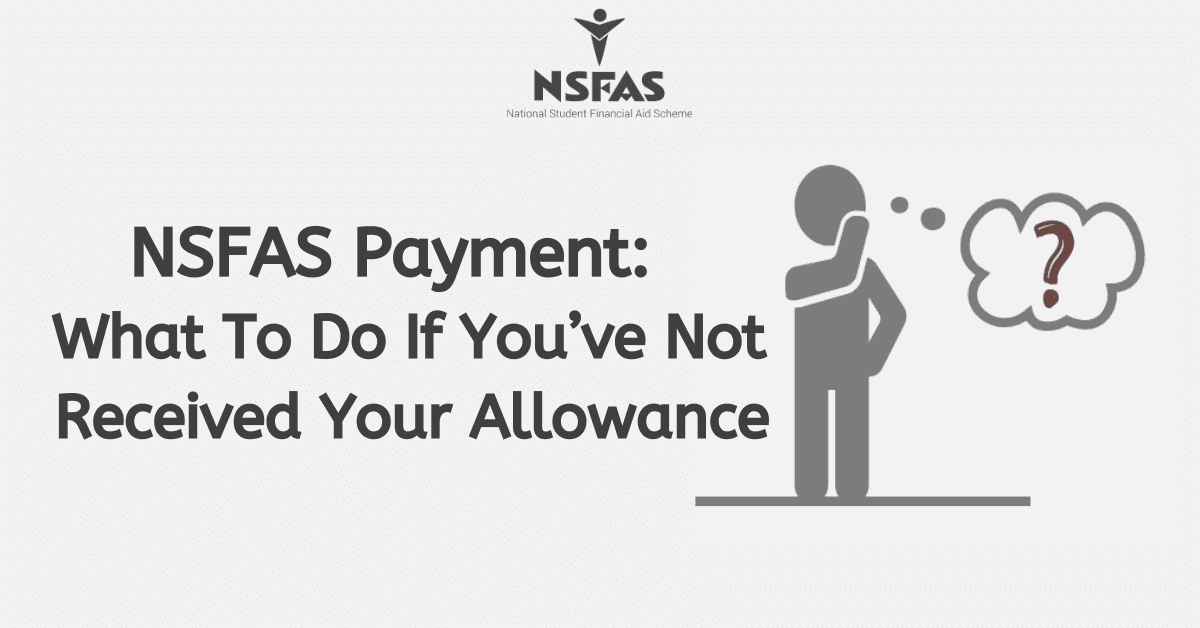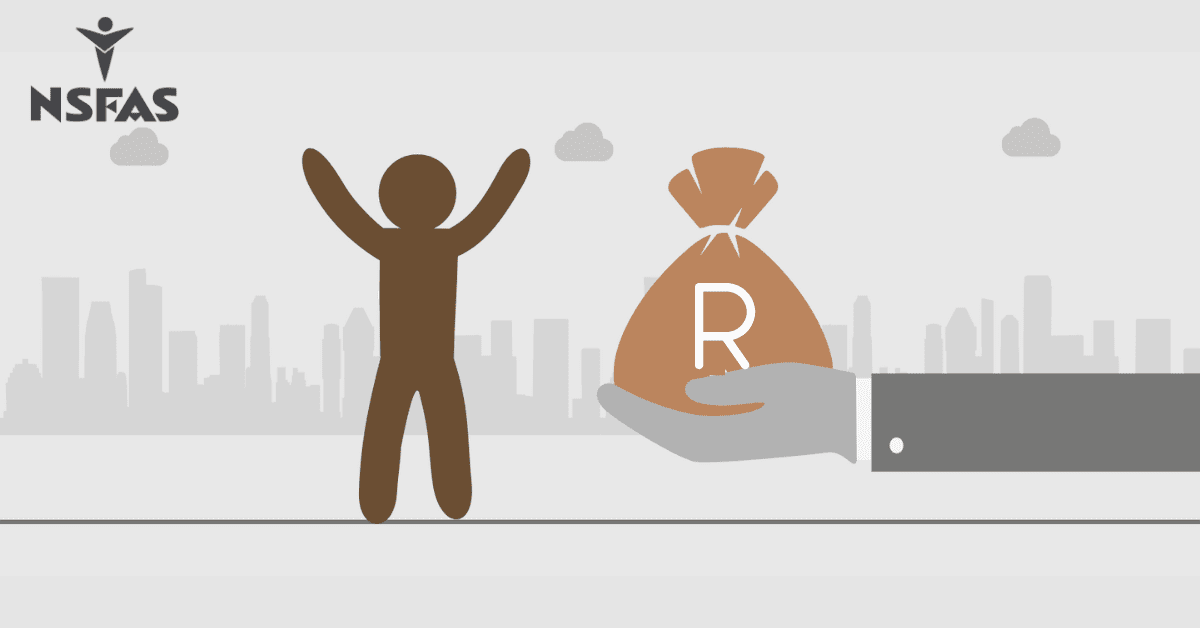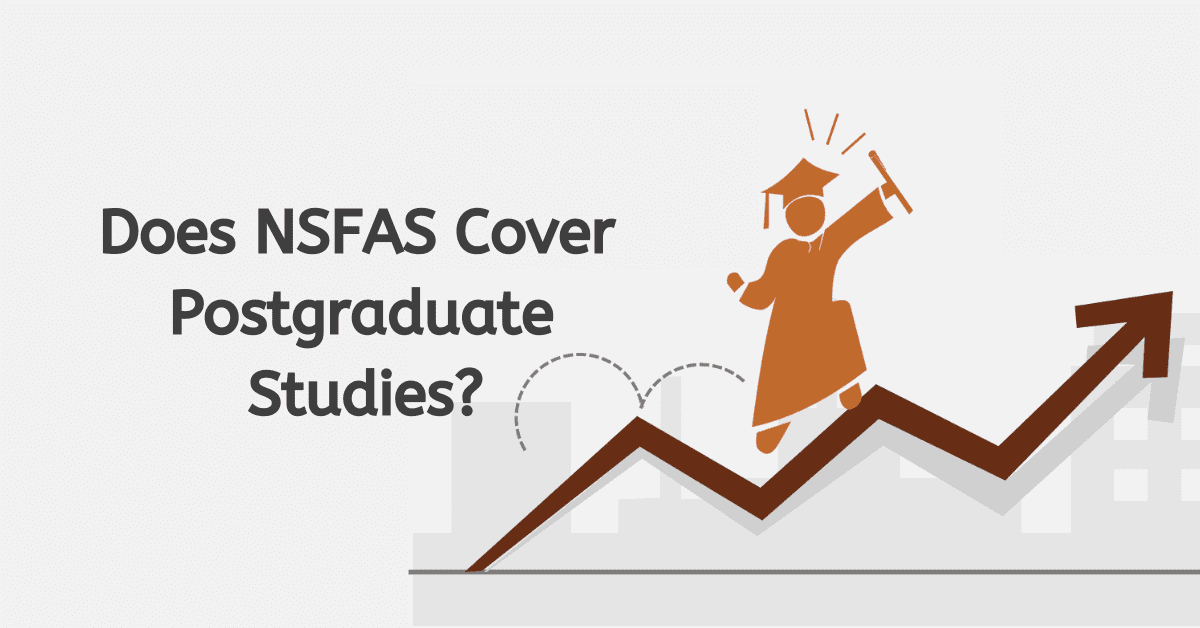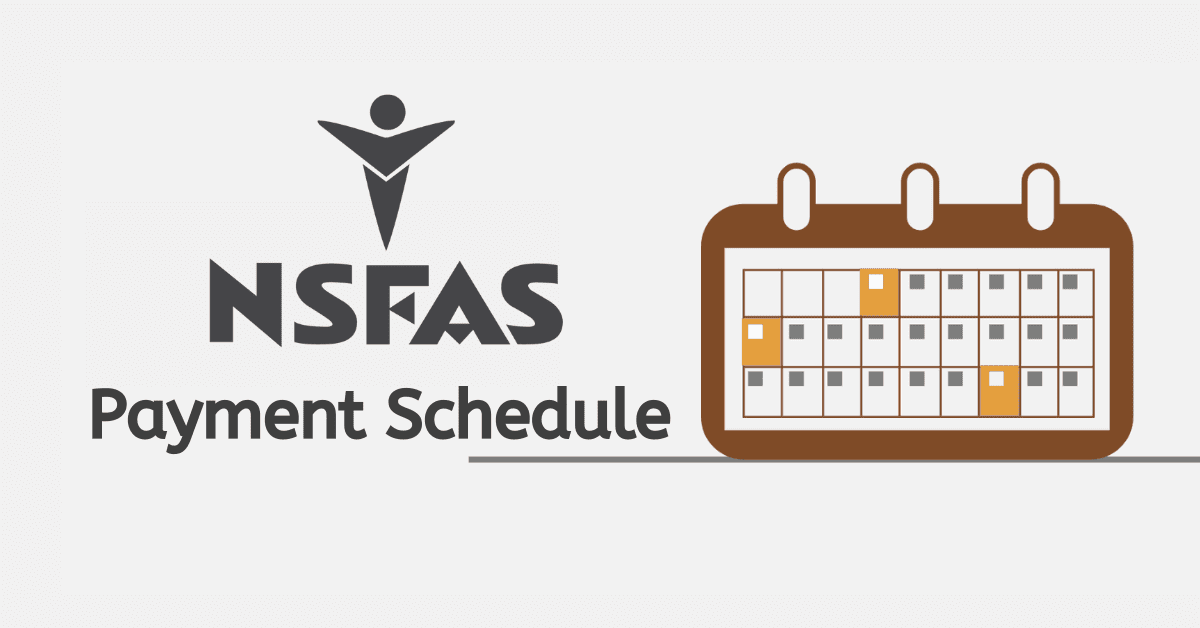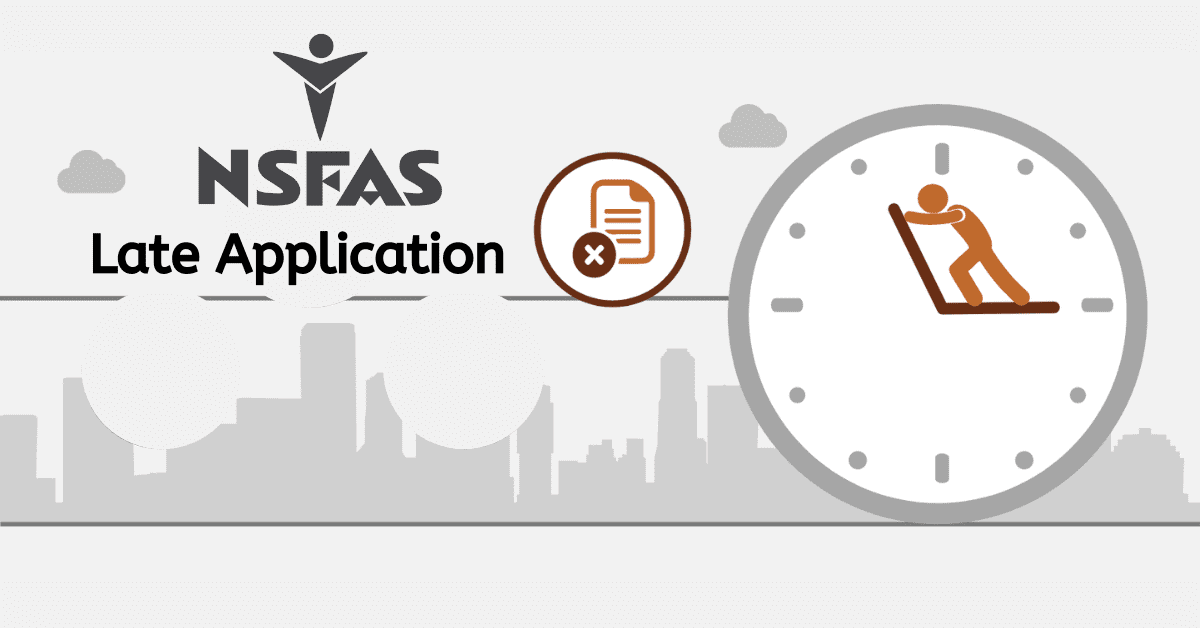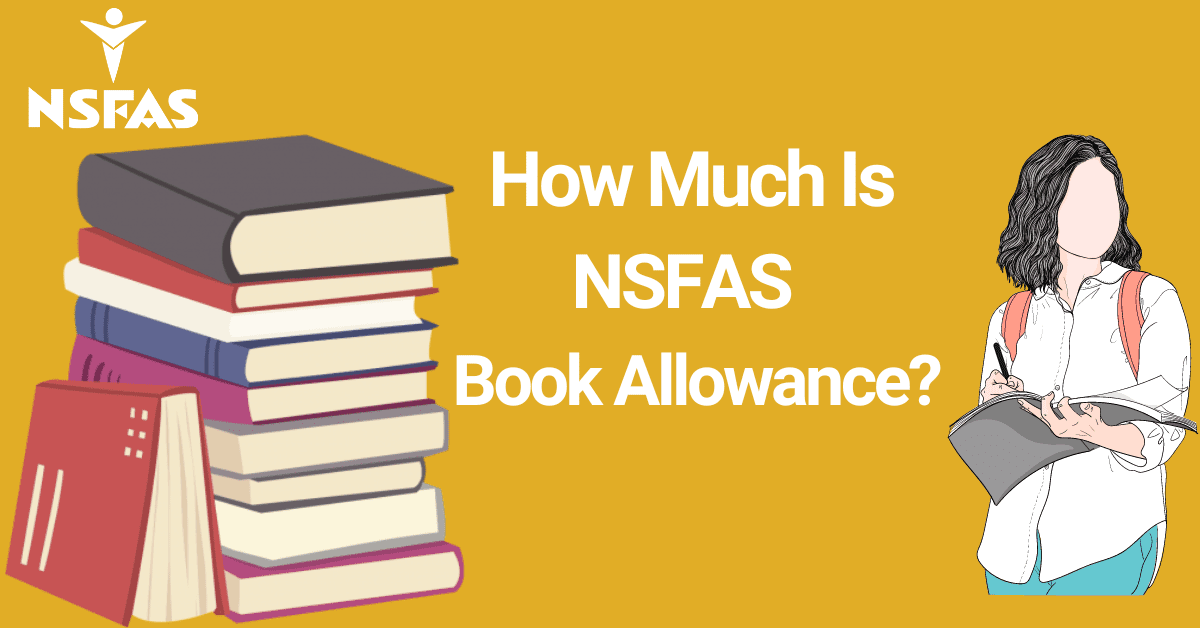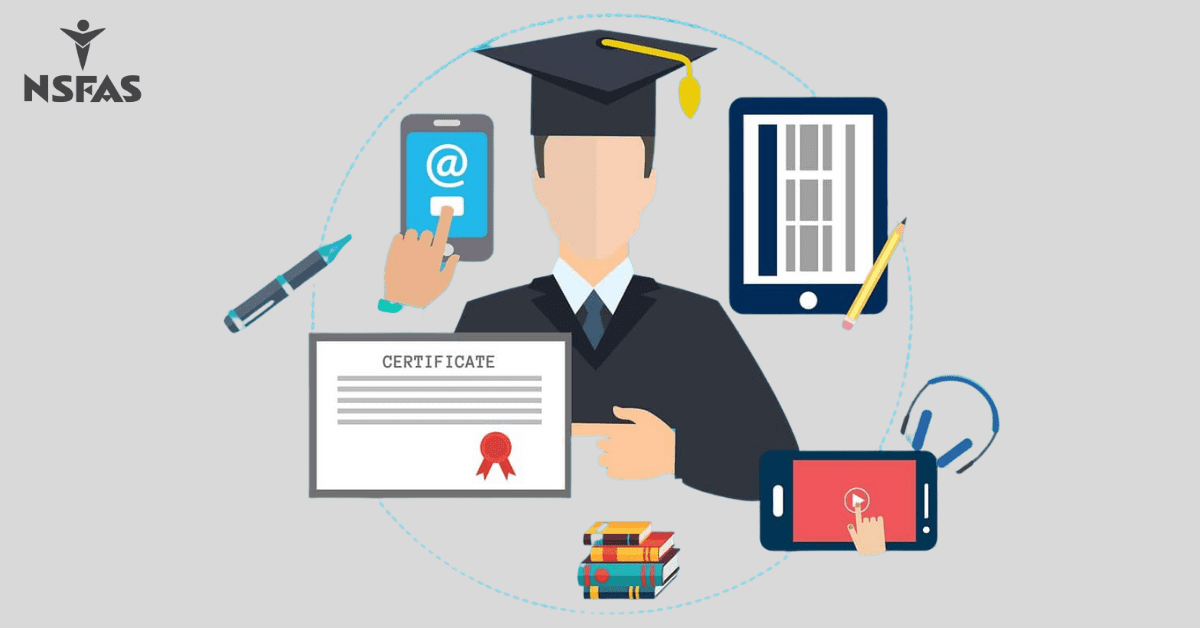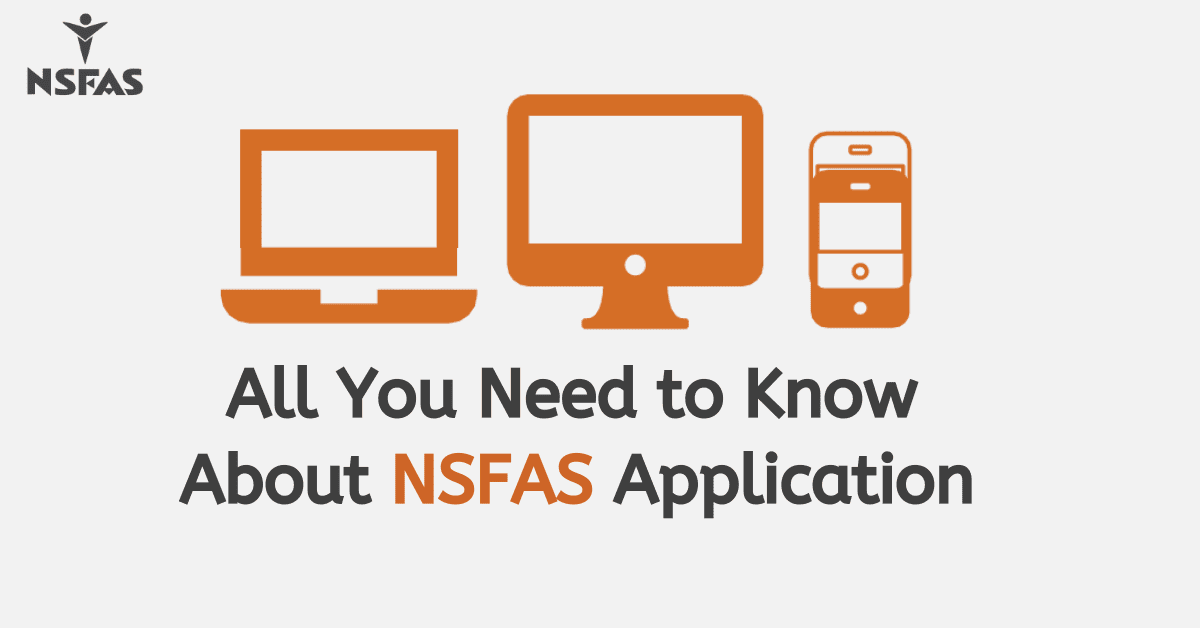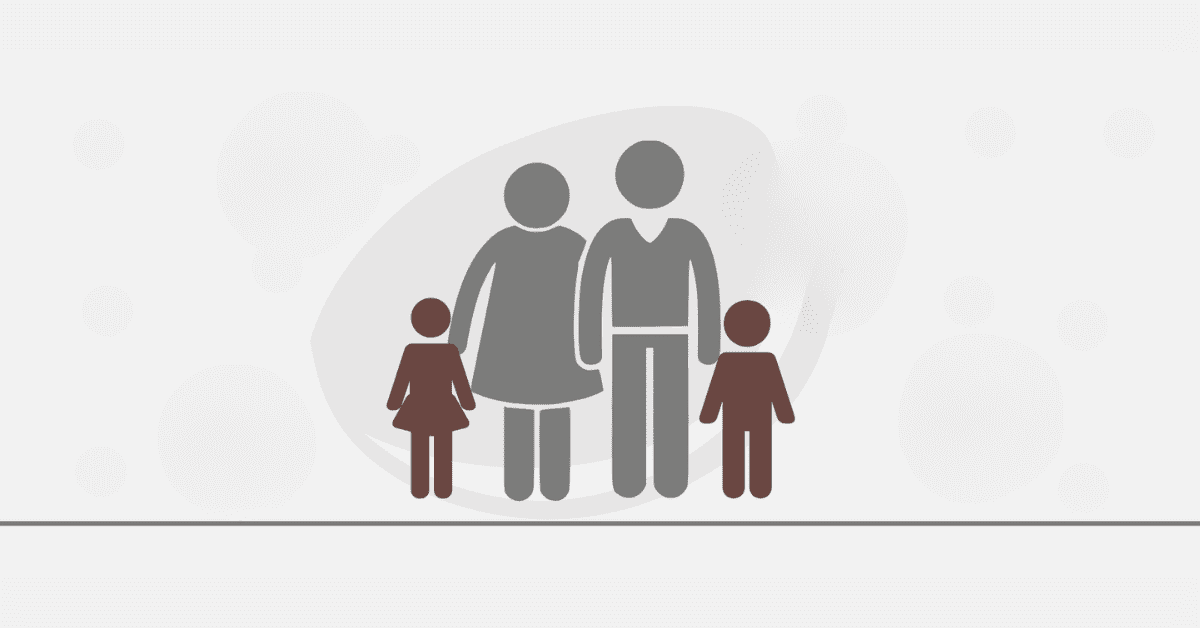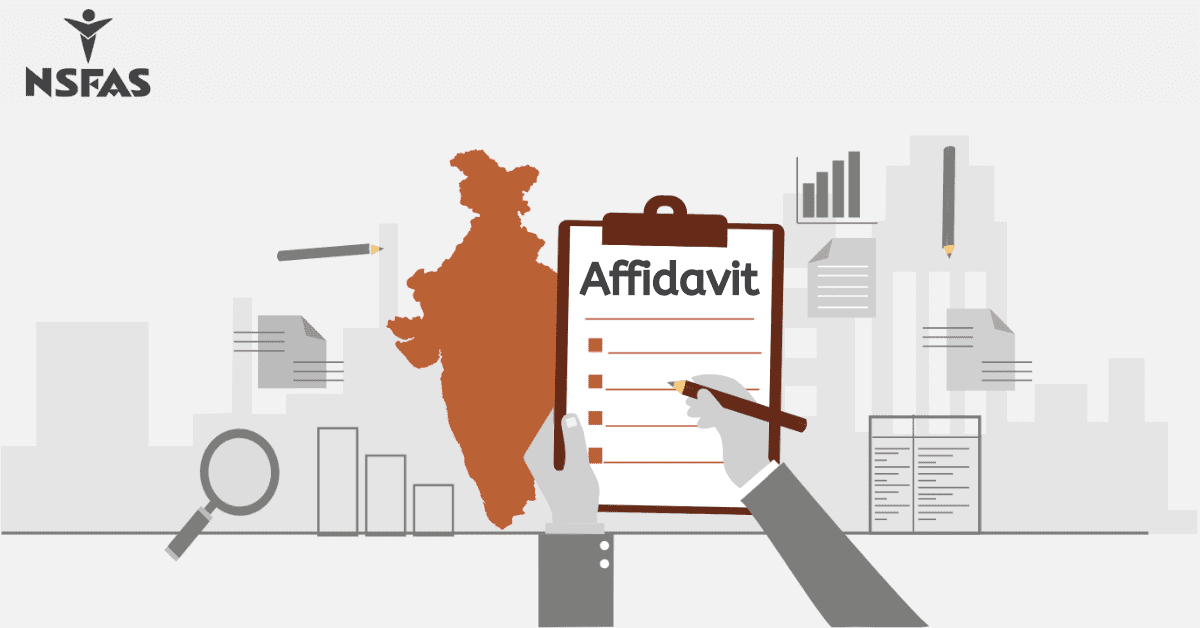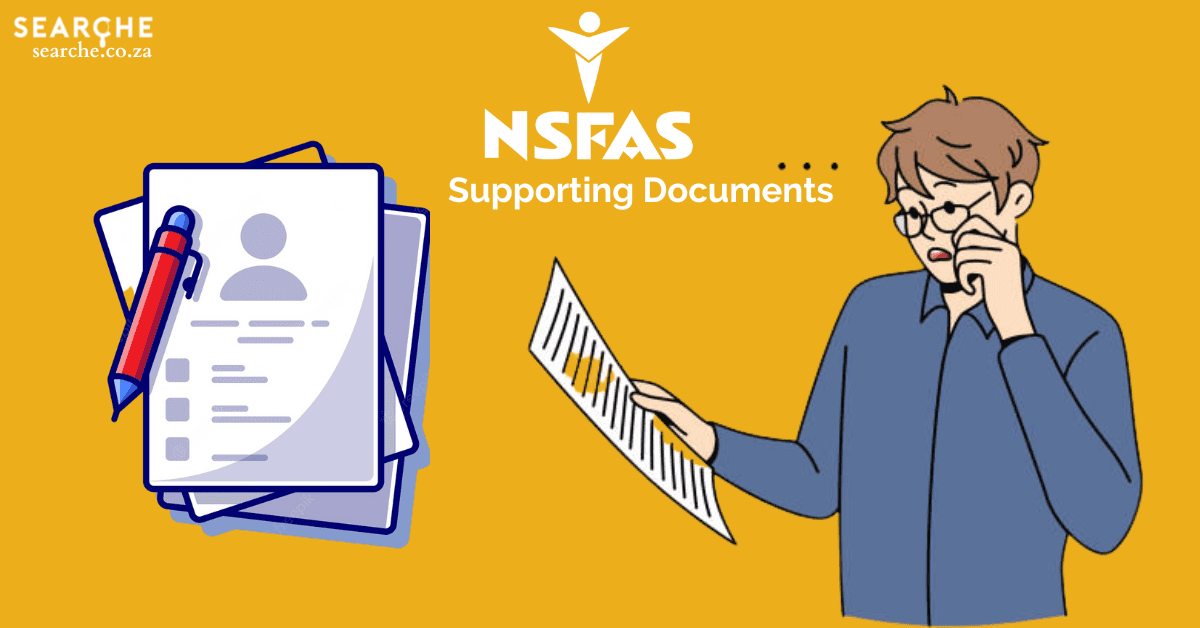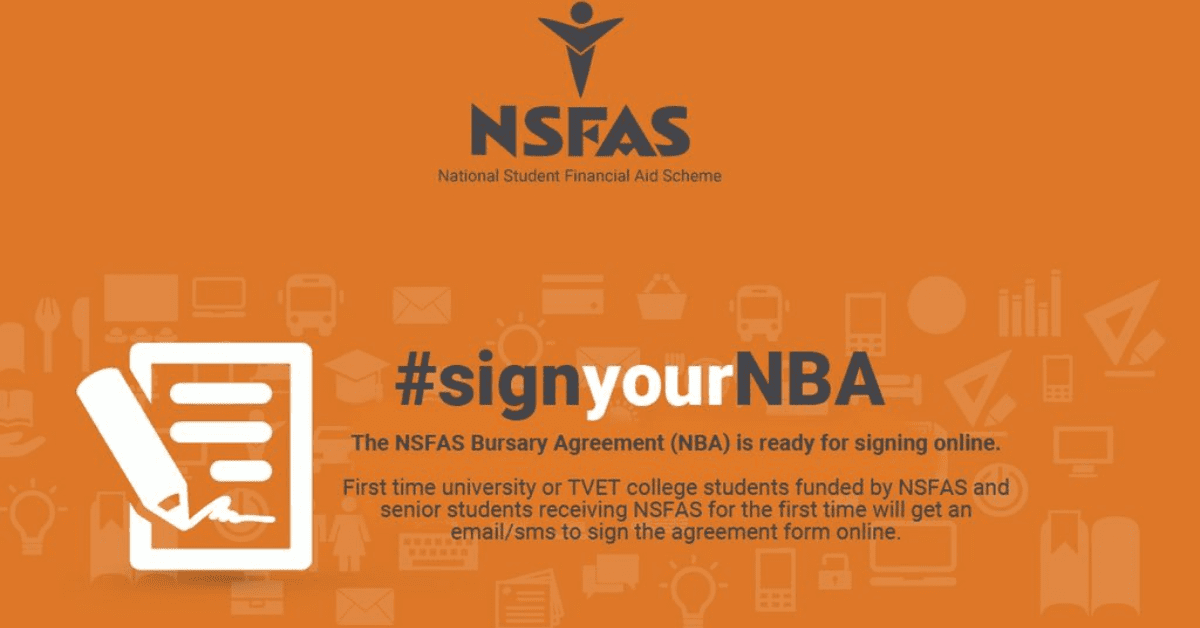Getting financial assistance to pursue your studies at university or college can make your life easier in many ways. Funding comes in different forms, such as bursaries, loans, and scholarships. Upon completion of your studies, you might need to repay the money depending on the type of financial aid you obtain. However, bursaries are different from other forms of sponsorship, although they help students pay for their education. Read on to learn how you pay back a bursary.
Do You Have to Pay NSFAS Bursary Back?
The National Financial Aid Scheme (NSFAS) is the biggest student loan provider in South Africa which was created by the government. Students who acquired NSFAS funding in 2018 or before got it as a loan.
However, 40% of the amount was transferred to the bursary, which means those who completed their programs must pay back the remaining 60%. Likewise, a bursary is not paid back. Your results will be used to calculate any rebate. For example, if you pass all modules, 40% of the loan is converted to a bursary, and if you pass half, only 20% is converted into a bursary. If you fail your course, you will not get a bursary rebate, and you will be required to repay 100% of your NSFAS loan.
How Do You Pay Back a Bursary?
Bursaries are like grants or financial assistance offered to students who cannot afford to fund their studies. You don’t need to pay back a bursary since it consists of money provided by a company or educational institution to help students pursue their studies. A bursary is not a loan unless stated otherwise by the sponsor. For instance, if you get a bursary from a company, they may require you to repay the money by signing a contract so that you will work for them when you finish your studies.
Another crucial type of bursary is the one offered by donors and often awarded to deserving students in certain areas of study in recognition of their sterling work. When a sponsor recognizes great talent in a student, they might offer a bursary. To qualify for this kind of bursary, you must come from a low-income background and don’t need to pay it back. Your bursary pays for tuition, food, study materials, travelling, and accommodation.
What Happens if You Don’t Pay NSFAS?
You must repay your loan if you got NSFAS funding as a loan and nothing was converted into a bursary. The repayment terms are not very stringent, which means beneficiaries can afford to pay back the money once they get employment. The interest rate charged by NSFAS is favourable compared to banks.
Loan repayment is compulsory to support the next generations, which will also need financial support to pursue their education. Therefore, if you don’t repay your loan, NSFAS will take appropriate actions to recover it.
If you pass all your modules, 40% of the loan may be converted into a bursary. Another aspect you should know is that NSFAS loan repayment is based on the salary you earn after graduating. You can only start repaying your loan when you get more than R30 000 per year or R2500 monthly.
If you can prove that you have become unemployed again, NSFAS can pause the repayment so that you are not regarded as someone defaulting on your obligation. The good thing about the NSFAS loan repayment scheme is that there is no specific date when you should finish paying back the money. You just repay the loan while employed until you clear the balance.
Your loan repayment will only be 3% of your salary and will increase to 8% once your salary is more than R59 300. This means you will pay as little as R75 per month or R900 per year, which is not a burden, especially when you earn a monthly salary.
If you don’t pay your debt and fail to communicate with NSFAS, they have a legal right to take the necessary steps to recover the loan like any other debt. When obtaining NSFAS funding, you sign a legally binding loan contract.
NSFAS can work with SARS to track all the loan beneficiaries earning more than R30 000 to make repayment arrangements. The agreement you sign empowers NSFAS to instruct employees to garnishee the salaries of individuals who can repay their loans.
If you do not communicate with NSFAS why you are not paying your loan, they also have a legal right to impose an interest rate of 80%. They can also engage third parties like debt collectors to recover the loan like any other debt. In worst-case scenarios, you can be dragged to court, leading to credit blacklisting. This means you might not be able to get a loan in the future. Therefore, you must always be open with NSFAS if you cannot meet your obligations to repay the money you owe.
How Do I Know if I Owe NSFAS Money?
You can take different steps to check if you owe NSFAS money. For instance, you can check your wallet balance online by visiting www.celbux.appspot.com. Use your cellphone number and password to log in to your account. Click More and then, Transactions and View Transactions. Once you are on the transaction page, you can view your history or check your balance in your NSFAS wallet.
Alternatively, you can use your phone to check via USSD by dialling *134*176#. Enter your password and select option 2 for the query when you sign in. This option gives you your cash balance or the money you owe to NSFAS. However, only a few people realize that they owe NSFAS money following the switch in 2018, where the loans were converted to bursaries.
If you apply for a bursary to pursue your studies, you don’t need to pay it back since it is a grant usually offered to people from low-income families. However, if you obtain an NSFAS loan, you must repay it. The good thing about this loan is that you will only repay 60% of the amount owed since the remainder or 40%, is converted into a bursary.
